Serbia's likely next steps after ICJ ruling
After the ICJ announces its <a href="http://www.b92.net/eng/news/politics-article.php?yyyy=2010&mm=07&dd=15&nav_id=68440" class="text-link" target= "_blank">advisory opinion</a> regarding the legality of the Kosovo Albanian UDI next week, Serbia will begin its final diplomatic lobbying.
Thursday, 15.07.2010.
10:35

After the ICJ announces its advisory opinion regarding the legality of the Kosovo Albanian UDI next week, Serbia will begin its final diplomatic lobbying. This is according to a report in today's Blic newspaper, which offers a detailed list of the steps to follow by Belgrade, after the International Court of Justice (ICJ) announces its ruling on Thursday, July 22, at 15:00 CET. Serbia's likely next steps after ICJ ruling The main goal of the lobbying that will ensue will be for the UN General Assembly to pass a new resolution on Kosovo which would request new negotiations. Belgrade will demand that the north of Kosovo, where Serbs make the majority of population, "gets the same as the rest of Kosovo south of the Ibar River – independence or a high level of autonomy", the newspaper writes, and says this information came from the top of the government. The article then details the likely chronology of events: 1. The Peace Palace in The Hague, July 22, 15:00 The ICJ advisory opinion will be announced by the court’s President Hisashi Owada, and the session will be webcast live on the ICJ website in French and English. The UN General Assembly forwarded the case to the UN top court on Serbia's demand. It asks the tribunal to give its advisory opinion on the legality under international law of the Kosovo Albanian unilateral independence declaration made in February 2008. The discussion before the court in The Hague began on December 1, 2009, and 29 delegations stated their opinion in the case. 2. August – Final phases of the diplomatic fight for a new resolution Serbia’s aim is to keep the tension up regarding the issue of Kosovo, and win over a majority of countries worldwide to vote in favor of a resolution calling for fresh negotiations on Kosovo's future status. The request will be based on the fact that peace in the region cannot be achieved if one side "loses everything and the other gets everything". Belgrade will also insist on protection of international law. If the Serbian resolution is adopted by the UN, the process of recognitions of Kosovo will finally be stopped altogether, and Kosovo will be unable to join international organizations, the UN included, says the article. 3. UN Headquarters, New York, early September In this scenario, this is when the UN General Assembly discusses the ICJ advisory opinion. Serbia will submit its resolution requesting new negotiations about Kosovo. A decision will be made by a simple majority of votes. The issue of Kosovo reached the ICJ at Serbia’s request after 77 countries voted in favor, which despite objections from the U.S and others. At that time, six countries were against while 74 refrained from voting. 4. Negotiations between Belgrade and Pristina This will be the next step in case Serbia's diplomatic push is successful. Belgrade wants the starting point for the new status talks to be where things were left off during the unsuccessful negotiations in Vienna that preceded the UDI. Serbia at the time offered “more than autonomy and less than independence” to Kosovo's ethnic Albanians. "Belgrade is offering a fair deal now", says the article – the same level of independence or autonomy for the majority Albanian south, as for the Serb north of the province. According to this, a part of the Presevo valley with majority Albanian population is also being thrown into the mix. These negotiations should lead to a new UN Security Council resolution "which would seal the deal", the newspaper concludes.
Serbia's likely next steps after ICJ ruling
The main goal of the lobbying that will ensue will be for the UN General Assembly to pass a new resolution on Kosovo which would request new negotiations.Belgrade will demand that the north of Kosovo, where Serbs make the majority of population, "gets the same as the rest of Kosovo south of the Ibar River – independence or a high level of autonomy", the newspaper writes, and says this information came from the top of the government.
The article then details the likely chronology of events:
1. The Peace Palace in The Hague, July 22, 15:00
The ICJ advisory opinion will be announced by the court’s President Hisashi Owada, and the session will be webcast live on the ICJ website in French and English.
The UN General Assembly forwarded the case to the UN top court on Serbia's demand. It asks the tribunal to give its advisory opinion on the legality under international law of the Kosovo Albanian unilateral independence declaration made in February 2008.
The discussion before the court in The Hague began on December 1, 2009, and 29 delegations stated their opinion in the case.
2. August – Final phases of the diplomatic fight for a new resolution
Serbia’s aim is to keep the tension up regarding the issue of Kosovo, and win over a majority of countries worldwide to vote in favor of a resolution calling for fresh negotiations on Kosovo's future status.
The request will be based on the fact that peace in the region cannot be achieved if one side "loses everything and the other gets everything". Belgrade will also insist on protection of international law. If the Serbian resolution is adopted by the UN, the process of recognitions of Kosovo will finally be stopped altogether, and Kosovo will be unable to join international organizations, the UN included, says the article.
3. UN Headquarters, New York, early September
In this scenario, this is when the UN General Assembly discusses the ICJ advisory opinion. Serbia will submit its resolution requesting new negotiations about Kosovo. A decision will be made by a simple majority of votes. The issue of Kosovo reached the ICJ at Serbia’s request after 77 countries voted in favor, which despite objections from the U.S and others. At that time, six countries were against while 74 refrained from voting.
4. Negotiations between Belgrade and Priština
This will be the next step in case Serbia's diplomatic push is successful. Belgrade wants the starting point for the new status talks to be where things were left off during the unsuccessful negotiations in Vienna that preceded the UDI.
Serbia at the time offered “more than autonomy and less than independence” to Kosovo's ethnic Albanians. "Belgrade is offering a fair deal now", says the article – the same level of independence or autonomy for the majority Albanian south, as for the Serb north of the province. According to this, a part of the Preševo valley with majority Albanian population is also being thrown into the mix.
These negotiations should lead to a new UN Security Council resolution "which would seal the deal", the newspaper concludes.





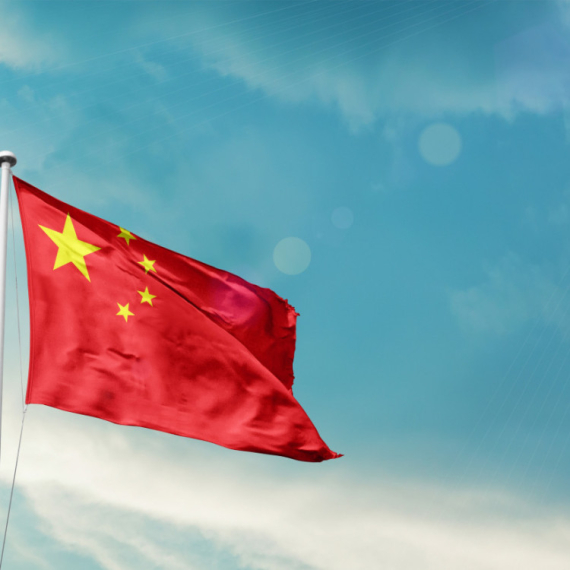





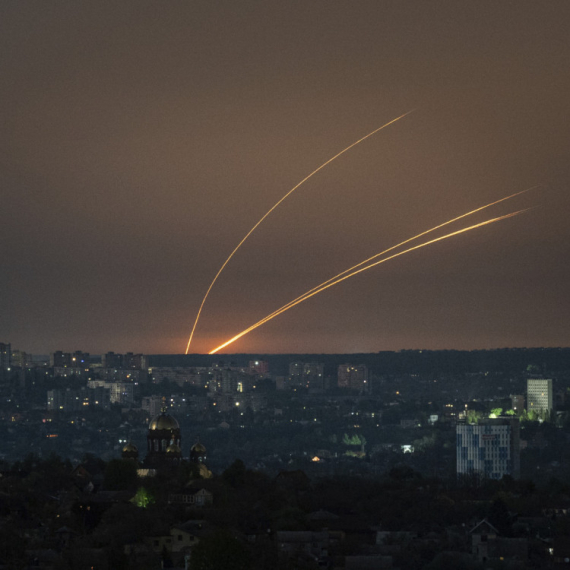




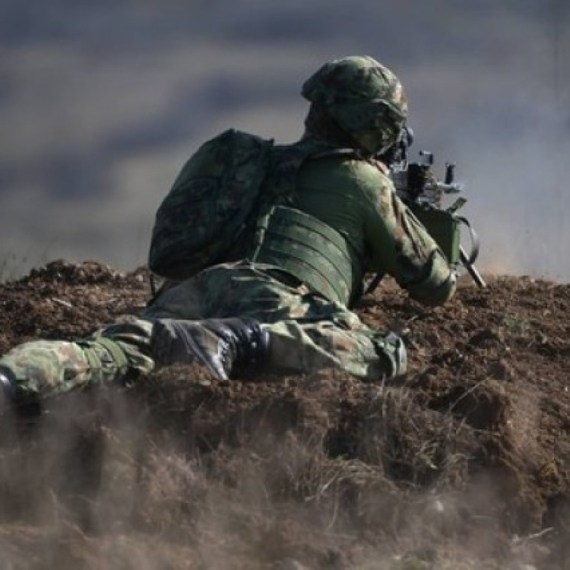
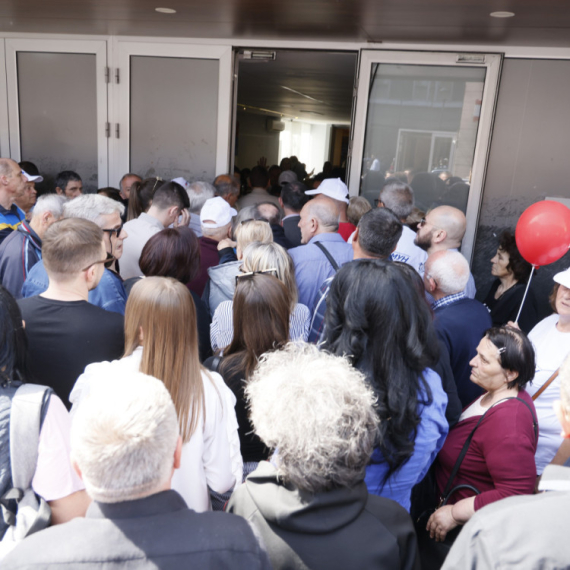


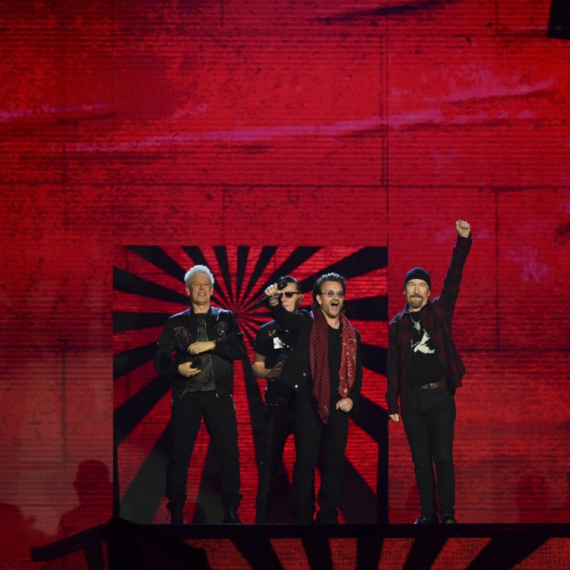

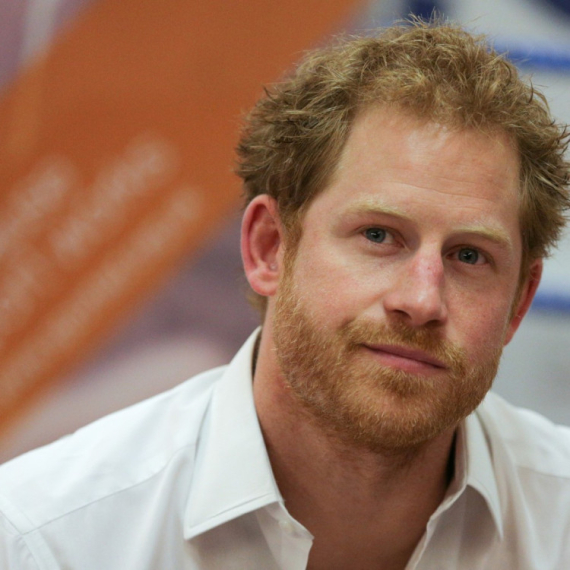































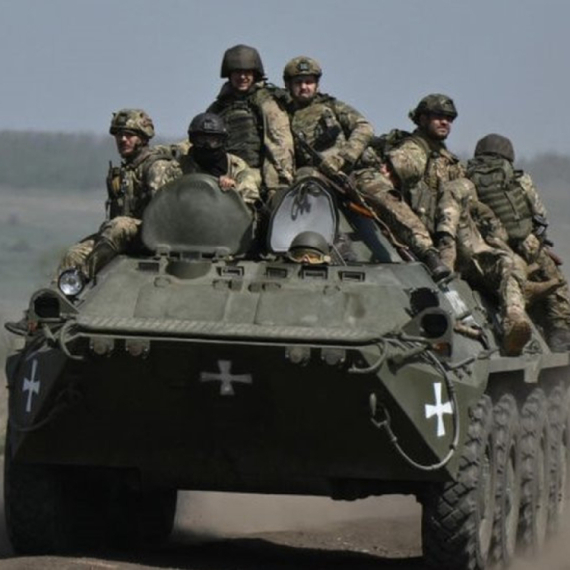





Komentari 34
Pogledaj komentare